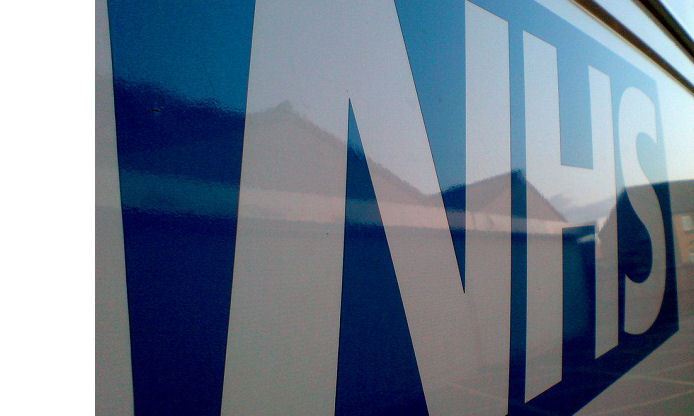‘On the right track’
The British press is the least trusted in Europe – even below non-EU countries such as North Macedonia and Serbia.
This may not be a surprising statistic, given the British press’ massive domination by corporate interests – just three companies own 71 per cent of the UK’s national newspaper circulation, while only five companies control 81 per cent of local newspapers.
Labour leader Jeremy Corbyn highlighted in a speech yesterday (August 23) that corporate media control isn’t only limited to print.
“Print too often sets the broadcast agenda, even though it is wedded so firmly to the Tories politically and to corporate interests more generally,” he said at the Alternative MacTaggart Lecture at the Edinburgh TV Festival on Thursday (August 23).
“A parallel process of concentration and tightening oligopoly is advancing in online news and could intensify with moves towards phone apps and push notifications,” he added. “Multinational companies want to create worlds you’re locked into: your phone operating system, your music streaming app, your online viewing service and your news.”
Radical action must be taken, Corbyn argued, to ensure a truly free, pluralistic and accessible press that produces high-quality journalism and holds power to account, as he outlined measures Labour may back in the future.
These included granting charitable status and tax breaks to not-for-profit journalistic organisations; requiring the BBC to publish equality data, including social class, for everyone it employs, whether in-house or external; reducing the TV licence fee for poorer households; allowing licence fee holders to elect some BBC board members; and expanding an existing BBC scheme to fund and develop local journalism, among other measures.
Corbyn moreover called for the BBC to be given permanent status and end its government control through charter renewal. The creation of a British Digital Corporation or ‘BDC’ could “use all of our best minds, the latest technology and our existing public assets not only deliver information and entertainment to rival Netflix and Amazon, but also to harness data for the public good,” he said.
Tech giant tax
Chief among Corbyn’s suggested policies was making monopolistic tech companies such as Google and Facebook, which have “extract[ed] huge wealth from our shared digital space” and “hoover up digital rights, assets and ultimately our money” to pay up.
Under Corbyn’s proposals, a tax would be levied on tech giants and broadband providers to help fund the BBC as well as help pay for an independent journalism fund for public interest journalism. In another proposal to bolster public interest journalism, the Labour leader called for Freedom of Information to be strengthened by ending the current ministerial veto on FoI requests.
He’s also called for the Freedom of Information Act to cover private providers of public services, who are at the moment exempt from providing FoI requests.
“It is simply not acceptable for corporate executives to hide behind the excuse of commercial confidentiality when they are meant to be providing – and as we’ve seen with Carillion, East Coast Mainline and Birmingham Prison this week so often failing – a public service,” Corbyn said in his speech.
Unite assistant general secretary Tony Burke hailed Corbyn ideas.
“For far too long, the powerful technology companies have managed to get away with paying ludicrously small amounts of tax to the Treasury, while raking in stupendous profits,” he said. “The likes of Facebook could well afford such a tax.”
Indeed, the amount of tax Facebook and Google pay in the UK compared to their revenues is vanishingly small – in 2016, Facebook paid only £5.1m and made £842.4m in UK revenues, while Google paid only £38m and made £1.03bn in revenue. At the moment, tech giants are only taxed on profit but that soon may change.
‘Glaring disparity’
Burke added that this â€glaring disparity’ between how much tech giants make and how much they are taxed “needs to be addressed” as “the money this tax would raise could help create more diversity in the media, including printed and investigative publications.
“For example, regional journalism has been battered by the internet scooping up advertising revenues in the last 15 years and, at a frontline level, this means that local councils and courts have not been covered – and, as a result, democracy and the right to know in local communities have been seriously eroded,” he noted.
“We would also support the idea of elected representatives on the board of the BBC to give more diversity and balance – and to shine a greater light on the policy making process,” Burke added.
“Jeremy Corbyn’s wide-ranging speech on the media is to be welcomed – he is definitely on the right track.”
 Like
Like Follow
Follow


